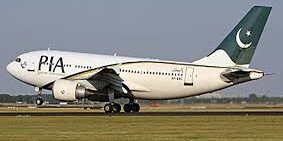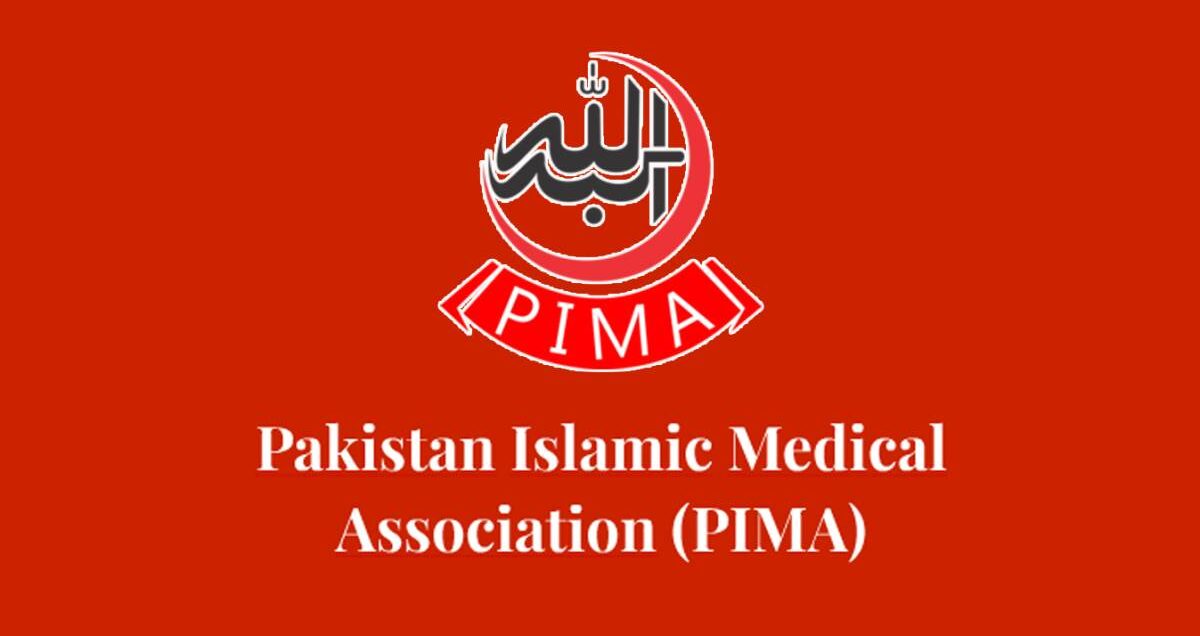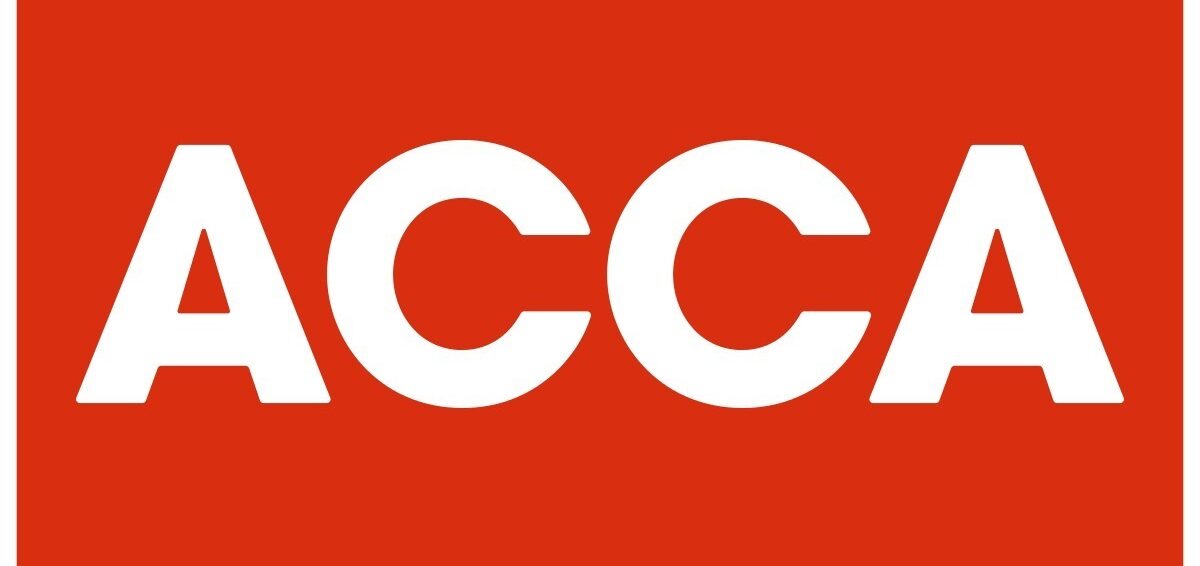Islamabad, October 30 2024: In a significant turn of events for Pakistan’s privatization efforts, the country received just one bid for a stake in its struggling national carrier, Pakistan International Airlines (PIA). This comes as a disappointment, as five other consortiums opted out of what is one of the government’s major attempts to divest its stakes in loss-making entities.
Ahsan Ishaq, spokesman for the Privatisation Ministry, confirmed that the sole bidder had deposited the required “earnest money” with the Privatisation Commission by the Tuesday deadline. However, the identity of the interested party has not been disclosed, raising questions about the viability of this privatization move.
A Lack of Confidence
The bidding process saw six groups shortlisted, including notable names such as private airline Airblue Ltd., Arif Habib Corporation Ltd., Air Arabia’s Fly Jinnah, Y.B. Holdings Pvt., Pak Ethanol Pvt., and the real estate consortium Blue World City. The absence of bids from these prominent players suggests a lack of confidence in the potential profitability of PIA, which has been grappling with operational inefficiencies and mounting losses.
Economic Context
This privatization effort is part of Prime Minister Shehbaz Sharif’s commitment to the International Monetary Fund (IMF) aimed at reducing the financial burden on the country’s economy. The government has been under pressure to streamline operations and minimize losses incurred by state-owned enterprises. The privatization of PIA is seen as a crucial step toward achieving these objectives.
Challenges Ahead
Experts believe that the reluctance of multiple consortiums to participate in the bidding reflects broader concerns about the airline’s financial health and governance issues. PIA has been plagued by chronic mismanagement, high operational costs, and a tarnished reputation, making it a less attractive investment opportunity.
With only one bid on the table, the future of PIA’s privatization remains uncertain. The government will need to assess whether to proceed with this sole offer or to explore alternative options to revitalize the airline.
Conclusion
As Pakistan navigates its economic challenges, the outcome of this privatization effort could serve as a litmus test for the government’s ability to attract investment in state-owned enterprises. The situation underscores the need for robust reforms within PIA to restore investor confidence and ensure that future privatization attempts are met with greater enthusiasm.



























































































































































































































































































